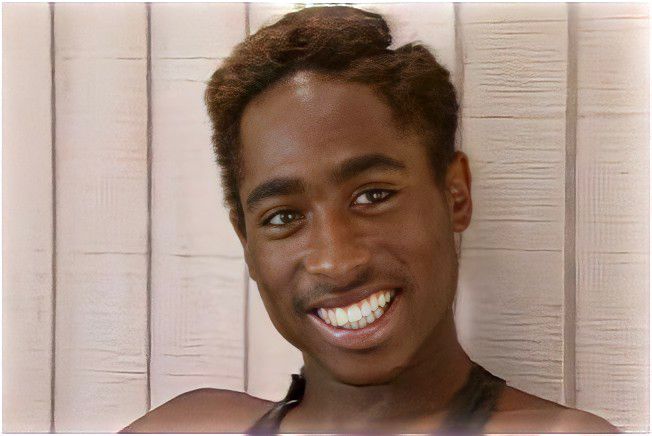It’s been roughly 26 years since the legendary rapper, actor, and social commentator Tupac Shakur was shot and murdered in Las Vegas. Even though it has been over two decades since his tragic demise, Shakur’s legacy remains front and centre in hip-hop.
The rapper’s family has primarily upheld his legacy, but most notably, his mother and his sister. Pac’s mother, activist Afeni Shakur, died exactly 20 years after her son in 2016. However, Shakur’s sister still runs a charity dedicated to the rapper ‘Tupac’s Foundation’.
Only a few people know that the late rapper had a sister, as she was never in the limelight, and he rarely mentioned her. The rapper grew up in a small family and, in various cities, resided with his mother, Afeni, and his sister Sekyiwa.
Following the rapper’s untimely passing in 1996, Sekyiwa founded the ‘Tupac Amaru Shakur Foundation’, a charity dedicated to helping young African-Americans avoid a life of crime through the arts. As Sekyiwa ran the foundation, Afeni spent her years managing Tupac’s estate. With her permission and input, a critically acclaimed documentary, Tupac Resurrection, was released in 2003. She also sought to continue releasing her son’s unheard music as posthumous compilations.
The rapper’s mother also held the key to licensing. This meant she was the go-to if someone needed to use the rapper’s image or name for commercial purposes. Afeni took Death Row and Suge Knight to court to receive her son’s royalties. She also helped bring Tupac’s life to broadway with the 2014 musical Holler If Ya Hear Me.
In May 2016, rumours emerged that Afeni had had a cardiac arrest at her California home. And exactly 20 years after her son, she was pronounced dead. Since her death, Sekyiwa has kept her previous role and taken on her mother’s former roles.
Since 1996 the foundation has expanded and deals with several issues, including mental health awareness, creative arts, and providing aid to families affected by incarceration. Sekyiwa herself had a breakdown following her brother’s death in 1996.
In a 2019 radio interview with LA station KBLA 158.0am, Sekyiwa detailed her recovery, explaining, “Two years after my brother died, I went to a hospital for mental health, and one of the biggest lines I learned there, or lesson, me letting go over other people’s expectations of me.”
As well as running the foundation, Sekyiwa is also very active concerning racial injustice and police brutality. She was filmed speaking at a George Floyd protest during the summer of 2020. You can watch an interview of Sekyiwa below, speaking on her mental health as well as her work within the foundation.
